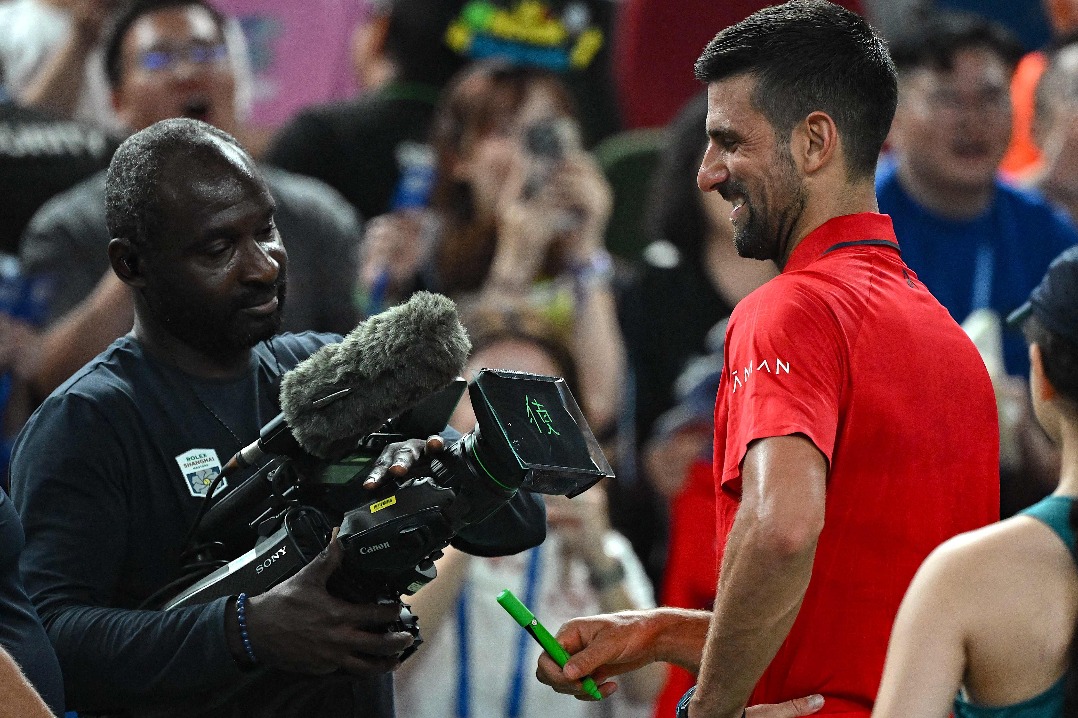EU policy on green products criticized
By LI WENFANG in Guangzhou | China Daily | Updated: 2024-12-17 09:41

The European Union's policy on lithium batteries, photovoltaic products and electric vehicles is a trade protectionist move under the guise of green transition, and may jeopardize global development, according to a recent blue book.
The policy may threaten the stability of the global industrial supply chain, and will intensify the global subsidy race and impede the efficient use of global resources, the blue book said.
Named The EU's Industrial Subsidy Policy for Lithium Batteries, PV Products and Electric Vehicles in the Name of Green Transition, the blue book was released on Saturday by the WTO Law Research Society of China Law Society and the Center for WTO Legal Studies, China University of Political Science and Law.
The EU's related policy may undermine the development of similar industries in other countries and harm its own interests. It represents a double standard protectionist approach and violates World Trade Organization rules, said Shi Xiaoli, director of the WTO Law Research Center.
The EU policy on lithium batteries, photovoltaic products and the EV industry has a long history and has become a strategic development objective, said Shi during the release of the blue book in Guangzhou, Guangdong province.
The bloc has issued a number of industrial policies involving these products and implemented all-around subsidies. While criticizing the United States for its subsidies under the Inflation Reduction Act of 2022, the EU has concurrently increased its subsidies for domestic industries of lithium batteries, photovoltaic products and EVs.
At the EU level, the subsidies take the forms of grants, preferential loans and loan guarantees. At the level of member states, the subsidies are provided by using their own public funds, preferential loans, loan guarantees and tax incentives.
In 2022, 27 EU member states provided a total of 227.98 billion euros ($239.17 billion) in state aid, according to data released by the EU's executive arm European Commission.
EU's subsidies for EVs encompass the industrial chain, value chain and the infrastructure, said Sun Xiaohong, secretary-general of the automotive branch of the China Chamber of Commerce for Import and Export of Machinery and Electronic Products.
The European Commission initiated last year a countervailing duty investigation against passenger EVs originating from China to protect its EV industry from alleged unfair competition and to provide additional space for its transformation and growth.
In October, the European Commission issued its final determination, imposing countervailing duties ranging from 7.8 percent to 35.3 percent for five years, in addition to the existing 10 percent most-favored-nation tariff rate.
This move has attracted significant international attention with direct reactions from EU member states, automotive industry associations and companies, think tanks and academics, with many arguing that fostering the growth of the EU's EV industry should not entail avoiding external competition, the blue book said.
The development of China's EV industry is mainly attributable to technological progress, market competition and the hard work of its people, Sun said.
























